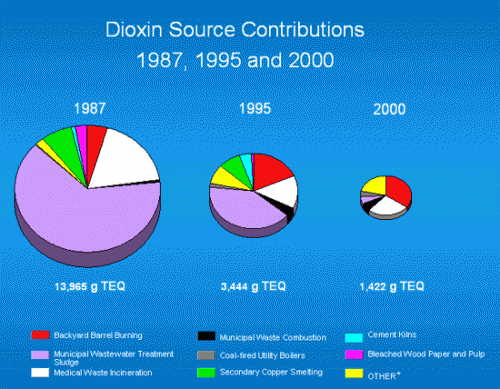I have had a bunch of people send me this article defending Arizona's SB1070, our now infamous immigration law. A couple of responses:
1. I have never been wildly worked up by SB1070 after it was amended a week or so after its initial passage. I have used the debate around SB1070 to reiterate my case, particularly to Conservatives, for more open immigration. Our immigration laws are prohibition redux, though in this case we are messing with people's desire to work rather than drink. As such, the laws to enforce the prohibition are less important to me than the fact of prohibition itself. IOur immigration laws are an incredible restriction on commerce, free labor markets, and even private property (SB1070 redefines trespassing as not having the government's, rather than the private owner's, permission to be on a piece of property), and this is true with our without SB1070.
I would likely have dropped SB1070 coverage a while ago had it not been for the rhetoric that is used by SB1070 supporters. When our governor is saying that the majority of Arizona's 500,000 illegal immigrants are all drug mules, that none of them are really looking for honest work, and that all they do is cause crime up to and including beheadings in the desert, I get angry to hear the same stupid arguments that many of our grandparents heard about their ethnic groups (though the beheading thing seems to lack historical precedent). (more on the immigration non-crime wave here).
2. The language of SB1070 has never matched the arguments supporting it. SB1070 mainly gives the police power to be more intrusive at certain traffic stops and harass day labor centers. What in the heck does this have anything to do with drug cartels and armed paramilitary gangs on the border? If, as our governor says, illegal immigrants are not really looking for legitimate work, then why is most of our enforcement via employers offering legitimate work?
3. When Kris Kobach says "In four different sections, the law reiterates that a law-enforcement official 'may not consider race, color, or national origin' in making any stops or determining an alien's immigration status," he is ignoring reality. The law asks police to make a determination (e.g. probable cause that one is an illegal immigrant) that is impossible for actual human beings to make without such profiling. It's like passing a law that says "police must drive their cars 30 miles a day but can't drive their cars to do so." The reality on the ground here in Arizona is that, illegal or not, Sheriff Joe Arpaio has been using racial profiling to make arrest sweeps for years, and his officers have become masters at finding some pretext to pull over a Mexican they want to check out (e.g. the broken tail light). Words in this law about racial profiling are not going to change anything.
4. Kobach makes much of the revision of the law, post-passage, to narrow the circumstances under which police can stop and check for immigration status
But Section 2 of S.B. 1070 stipulates that in order for its provisions to apply, a law-enforcement officer must first make a "lawful stop, detention, or arrest . . . in the enforcement of any other law or ordinance of a county, city or town or this state."
The original wording made reference to "lawful contact"; this was revised to "lawful stop, detention, or arrest" to make clear that officers could not stop someone simply on suspicion and ask for his papers.
There are folks, including most in the Obama administration, that are still criticizing the original "lawful contact" language and need to catch up. However, this seems a thin branch for Kobach to stand on in lashing out at the law's critics. Because in fact this over-broad language did pass and get signed into law, and only the immediate and vociferous public backlash against the language caused it to be changed. Kobach acts like it was changed based of some internal discussion or discovery of error, but in fact "lawful contact" was how Kobach himself helped write the law and wanted it to read, and was supporters like himself were forced to change it only after a lot of vocal opposition. Its disingenuous to use the modified language as defense against critics when it was only due to the critics that the modified language was inserted.
At this point, I am done criticizing SB1070. It is not a great law but it is not particularly worse, in its current form, than laws in some other states or federal law. I don't really anticipate that it will get struck down by the Supreme Court, though its enforcement may be enjoined through the hearing process.
However, I am not done criticizing our prohibitionist immigration regime nor am I done calling out those on the eliminationist side of the debate, like Jan Brewer, who are starting to show their true stripes as the debate proceeds. I know some of you are tired of it and to some disagree with me, such that I have lost about half my readers over this. But this debate has been an eye-opener to me.
For years I have taken many of the AZ politicians at their word that they had no problem with Mexicans per se but were concerned with the load on social services and other government budgets. I understand how the intersection of immigration and the welfare state causes problems, and have proposed solutions to deal with them. I am willing to have a friendly agree-to-disagree discussion with such folks. But when our leaders are talking about 500,000 drug mules and mysterious beheadings and crime waves that somehow exist in a state with rapidly falling crime rates, its clear to me something more insidious is driving some of the folks in the debate.

